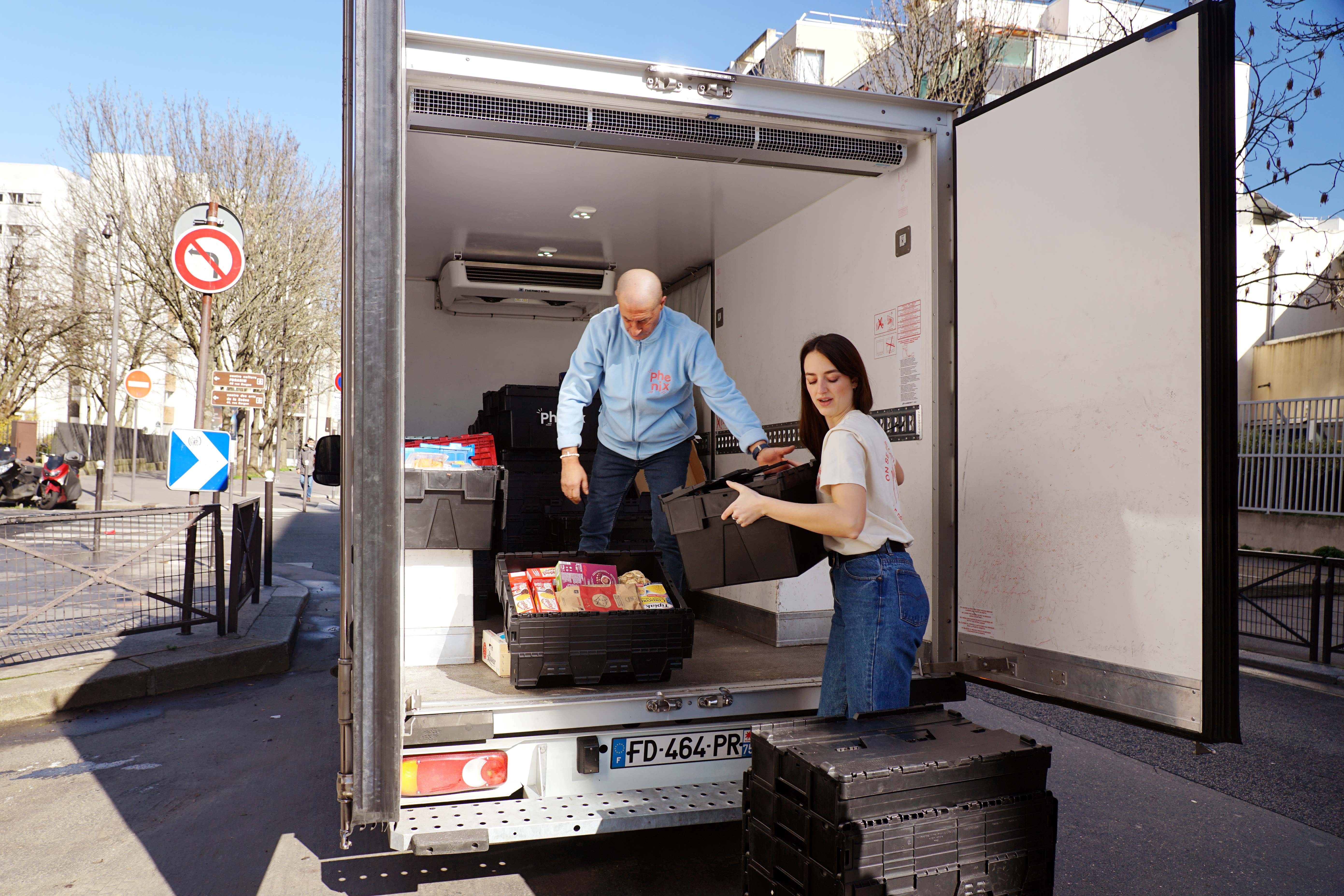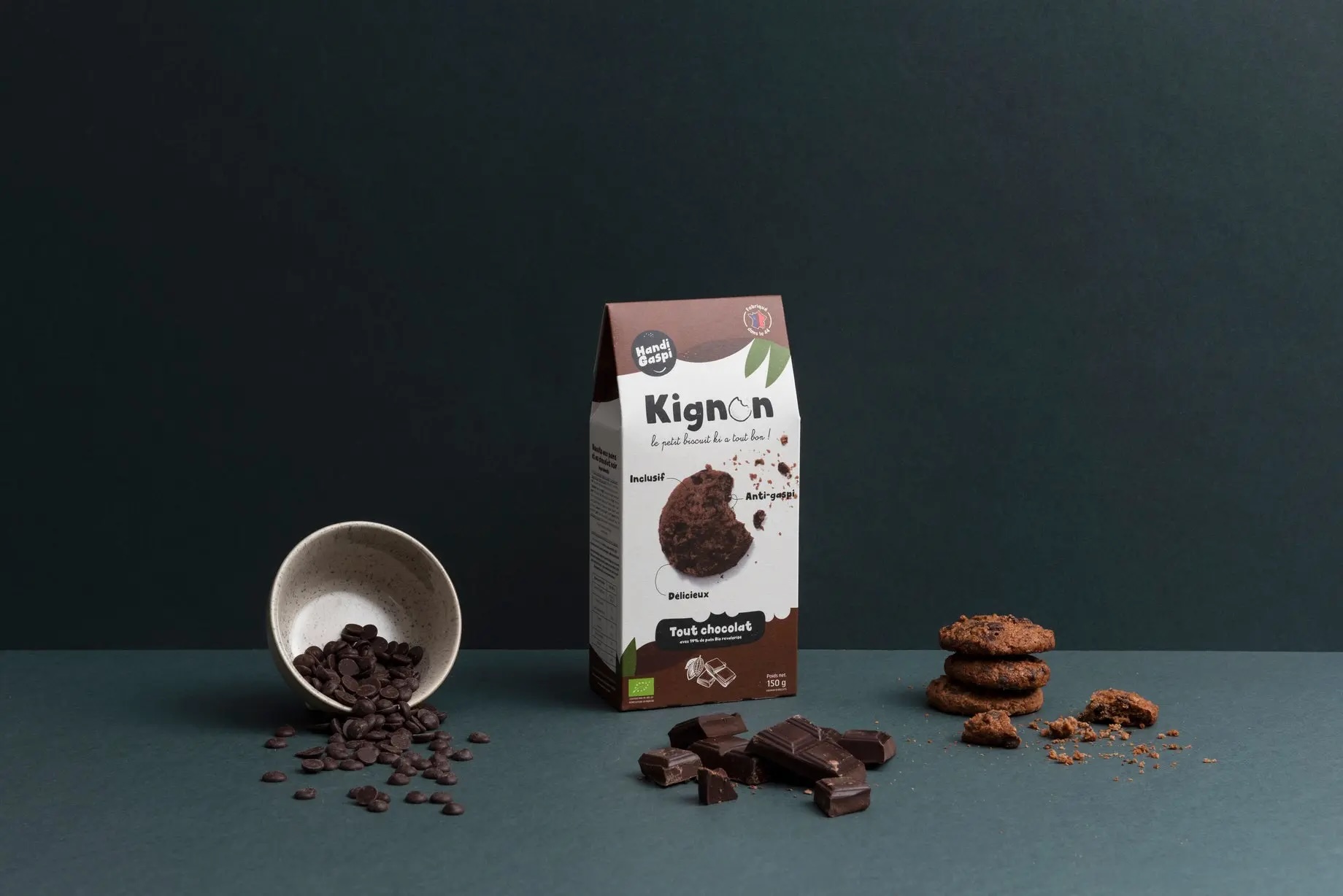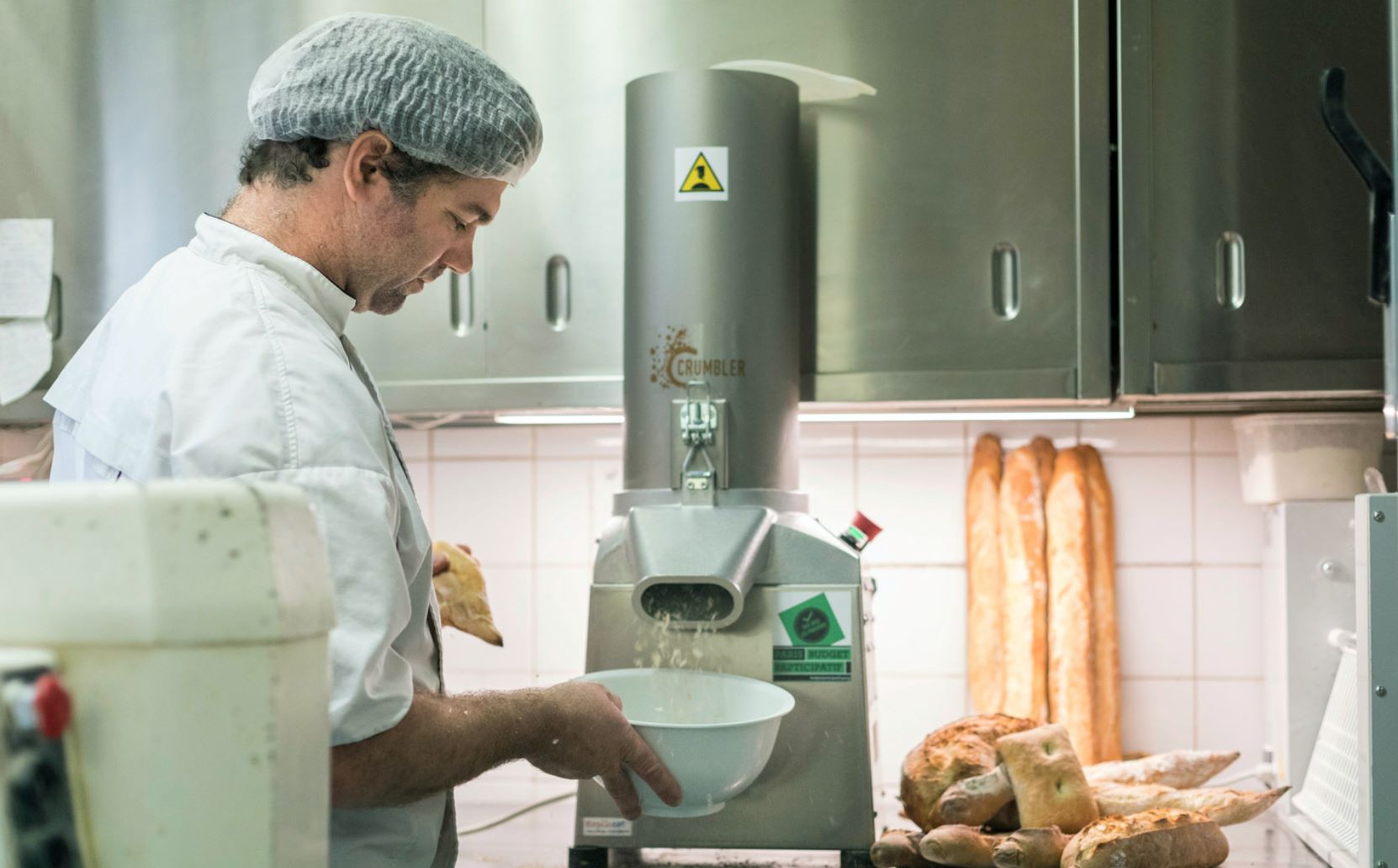Recycling, Upcycling, or Redistribution… The Circular Bakery Runs Smoothly
Sweeping up crumbs to create new crumb—and win over new friends. That’s one way to describe the growing circular approach within the wheat–flour–bread sector, where unsold goods and production scraps are increasingly being turned into new raw materials, as well as affordable and appealing treats. This large-scale transformation is taking shape across the entire value chain—and has become even more essential since early 2024, with the introduction of mandatory source separation for biowaste.
Sweeping up crumbs to create new crumb—and win over new friends. That’s one way to describe the growing circular approach within the wheat–flour–bread sector, where unsold goods and production scraps are increasingly being turned into new raw materials, as well as affordable and appealing treats. This large-scale transformation is taking shape across the entire value chain—and has become even more essential since early 2024, with the introduction of mandatory source separation for biowaste.
With nearly 1.3 million tonnes thrown away each year, bread remains, as of 2025, the most wasted food item in France. Responsibility for this waste lies with both the bakery industry and consumers: on average, artisanal bakeries discard around 3 tonnes annually, supermarkets 10 tonnes, and households about 9 kg per year. According to ADEME (France’s ecological transition agency), traditional bakeries destroy up to 60% of unsold or rejected items during the production process. It's a troubling reality, especially given the growing scarcity of natural resources, the soaring cost of raw materials, and tightening regulations. As of January 1, 2024, waste disposal has become a costly affair: businesses are now required to sort their waste at the source and manage it through to elimination or repurposing. This means implementing composting systems or arranging collection by specialized organizations. What ends up in the bin is not just waste—it’s lost value. This is even more true for high-value products like viennoiseries or pastries. And for small businesses, the burden is both financial and environmental. Just one baguette, from field to fork, represents approximately 140 grams of CO₂ emissions and 150 liters of water.
Donations and Anti-Waste Baskets: Tools on the Rise

© Phénix
To avoid this unfortunate outcome, solutions for handling unsold goods have multiplied in recent years. The most visible are undoubtedly the “anti-waste” apps, such as Too Good To Go or Phénix, which offer an alternative to charitable donations—the only viable option for professionals for a long time. However, these tools add operational complexity on the ground: staff must prepare the baskets, which has led several businesses to shift back toward donations. Phénix, a startup specializing in this field since 2014, now has 50 coaches across France to connect businesses with charities and streamline the process.
More surprisingly, dedicated shops selling day-old goods have begun to appear. In Paris, entrepreneurs Adrien de Dumast and Martin Herbelin launched Demain (“Tomorrow”), with locations on Rue Saint-Maur (11th arrondissement) and Avenue Secrétan (19th). Their stores offer breads, viennoiseries, pastries, and other treats collected from dozens of partner bakeries. Customers are drawn both by the anti-waste philosophy and the promise of prices slashed by half. The concept is inspired by Swiss model Äss-Bar, first launched in Zurich in 2013 and now with nine stores across Switzerland. For artisans, it’s a valuable complementary tool—since they receive a share of the revenue generated.
Biscuits and Beer Give New Flavor to Unsold Bread

© Kignon
Charities, shops, and apps are no longer the only ones helping to repurpose unsold goods—biscuit makers and brewers committed to circular practices have also stepped in. Kignon is one such socially and environmentally engaged company: founded in 2021 by Alix, Louise, and Katia, the project was built with a strong ecological and social mission. Kignon collects organic bread from several bakeries in Nantes and transforms it into crunchy biscuits. But it also supports inclusion by operating its production facility within an ESAT (a French workplace for people with disabilities). Thanks to this approach, 30 tonnes of bread are upcycled each year—with strong growth potential, as shown by the positive reception of the products in organic specialty stores.
On the brewing side, bread-based beers have taken root thanks to producers like Pain de Minuit and La Mie Bière, along with many local microbreweries. It’s a way to save water and grains—while infusing beer with new, toasty flavors.
Grinding or Composting: Homemade Transformation Takes Off

© Expliceat
While working with external partners is a practical and attractive solution, artisans can also transform leftover bread, viennoiseries, and cookies into new raw materials themselves. That’s the approach taken by Franck Wallet, who created the Crumbler in 2017. More than 600 professionals have already adopted the equipment, which pays for itself within a year of installation: the breadcrumbs it produces have many applications, such as partially replacing flour or more expensive ingredients like almond powder. Beyond developing the hardware, Wallet’s startup Expliceat also provides recipes and hands-on advice for professionals. It has even partnered with Meilleur Ouvrier de France baker Mickaël Morieux to regularly introduce new creations.
Composting is another appealing option, though it can be tricky to manage, with potential nuisances and significant space requirements. Tools like the Biomost agrodigester offer an efficient alternative, processing biowaste in under 24 hours and generating a liquid byproduct that can either be discharged into wastewater systems or used for irrigation.
Maximizing the value of all food production is a challenge that concerns the entire value chain—prompting change even within the most celebrated professional competitions and events. Sirha Food has launched the Sirha Collect initiative in response to these issues: through partnerships with nonprofit and solidarity-based organizations, food prepared by competitors and exhibitors is given a second life. At Sirha Lyon 2025, over 17 tonnes of food were redistributed, while 2.5 tonnes were turned into compost. Bread was also part of the effort: 2.3 tonnes were collected and transformed into beer. Looking ahead to Sirha Bake & Snack 2026, partners like Re’Up and Les Restos du Cœur will actively contribute to building positive impact. A dedicated stand will be featured at the heart of the event, offering collection points and information hubs to engage all participants in this growing movement. It’s a vision for a greener future—one where every player in the wheat–flour–bread sector embraces a circular mindset… to stop going in circles.
By Rémi Héluin